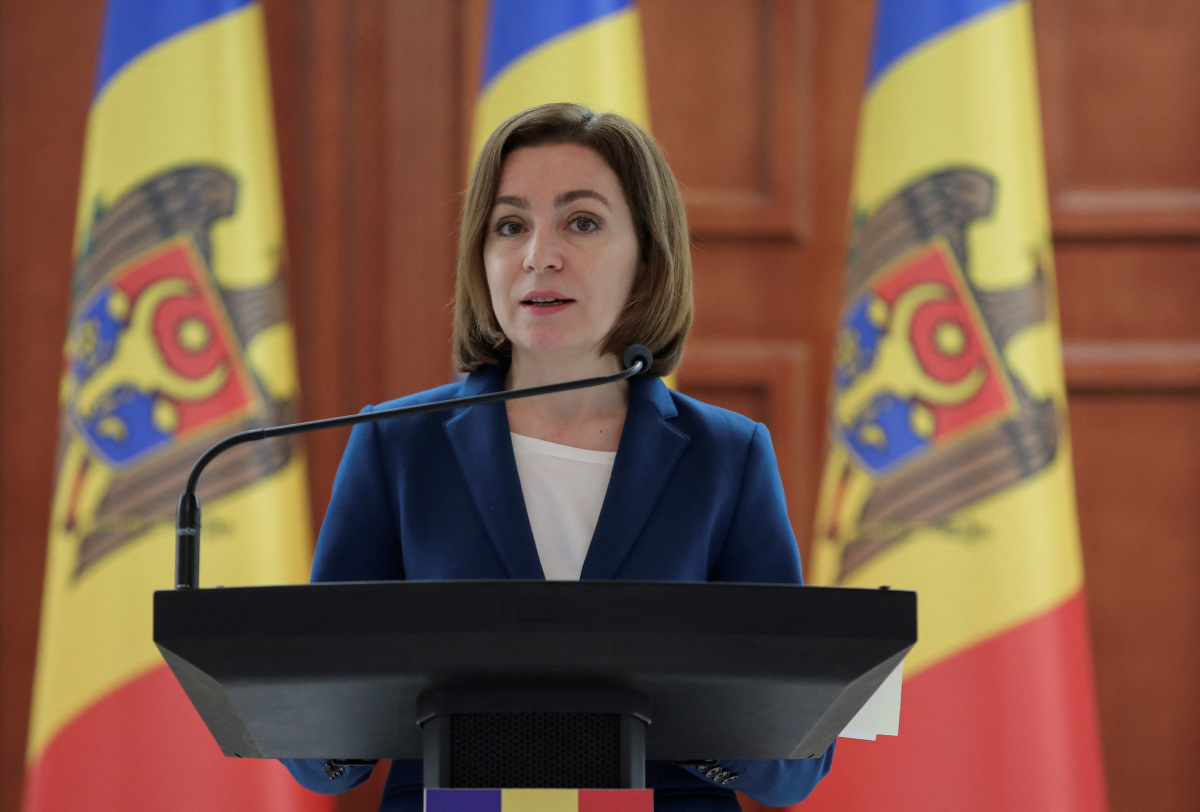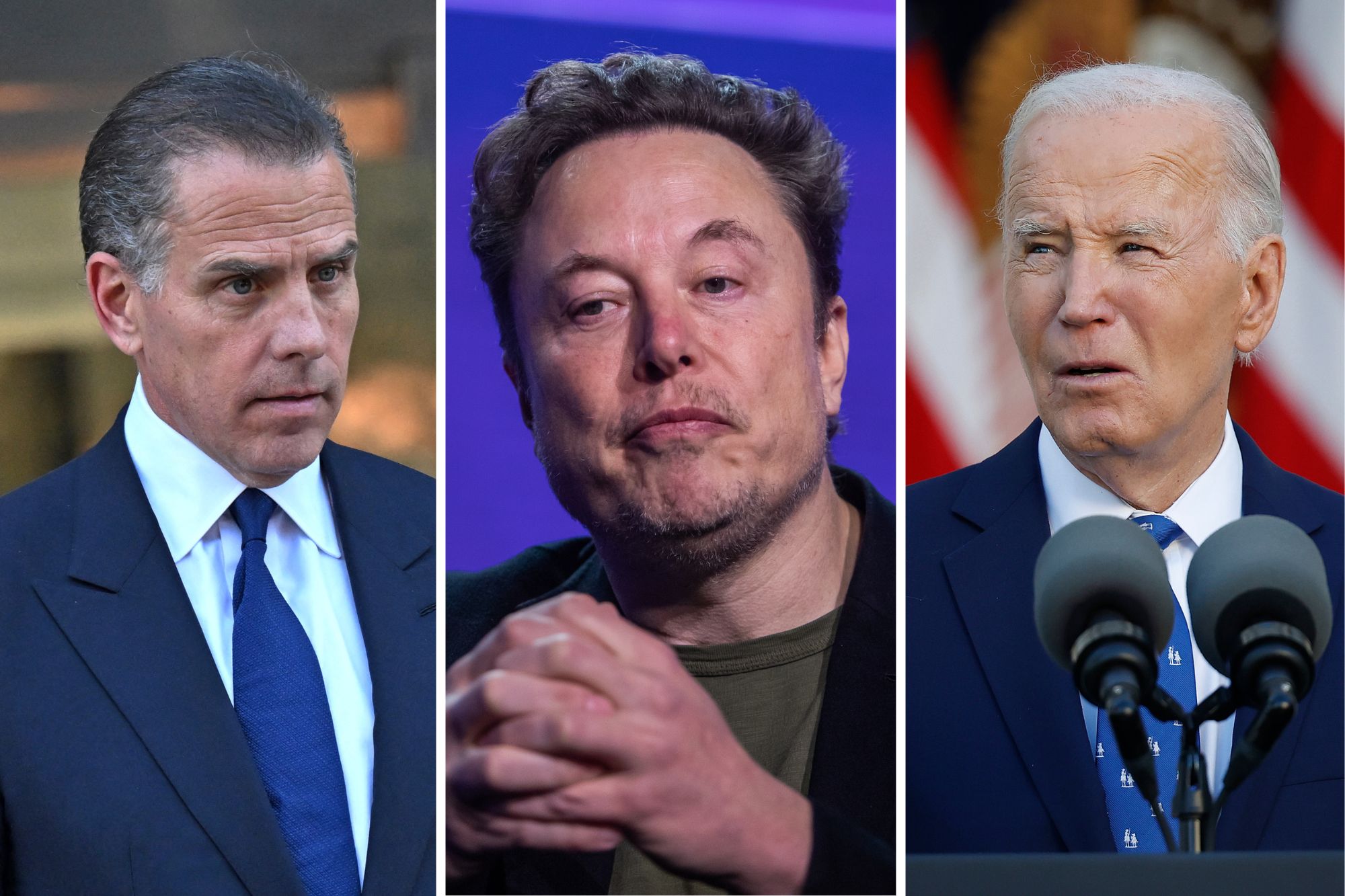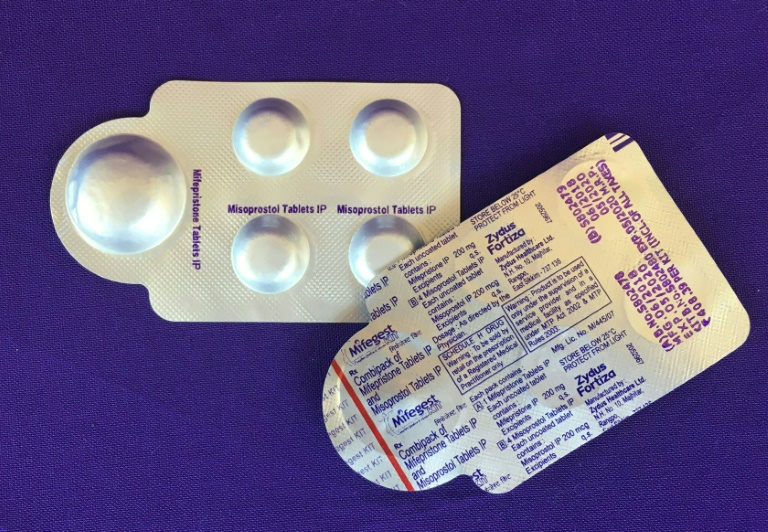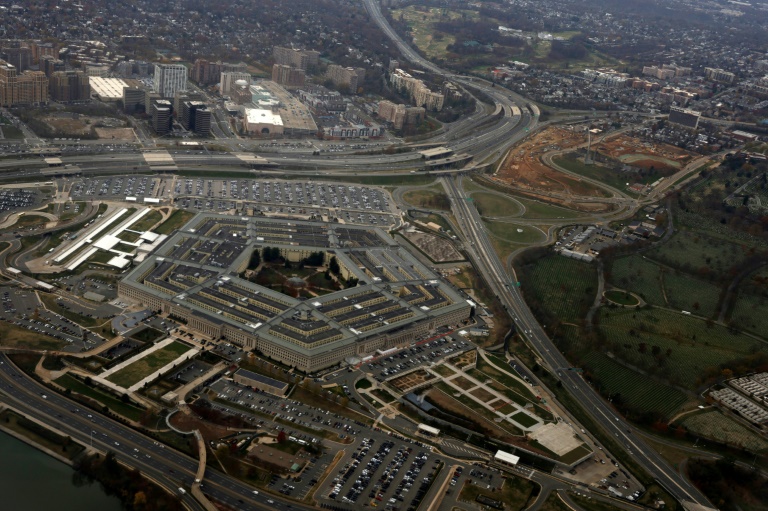Reuters
The president of ex-Soviet Moldova called on her compatriots on Monday to gather at a mass outdoor assembly next month to endorse her drive for closer integration with Europe.
Moldova, one of Europe’s poorest countries wedged between Ukraine and Romania, has been buffeted by Russia’s war in Ukraine which President Maia Sandu has repeatedly denounced. Parts of missiles fired in the Ukraine conflict have landed in Moldova.
The country has received generous Western funding since Sandu took office in 2020 with a mandate to fight cooperation and move closer to Europe.
“Let us show the entire world that the citizens of Moldova want peace and democracy in their country and want Moldova to become a part of the European Union,” Sandu said in a televised address.
Moldova and its population of 2.5 million, Sandu said, stood at a crossroads, with collective action needed for its future.
“I am making this appeal because at critical moments, important decisions are taken not only by politicians. Big decisions are taken by people during Great National Assemblies,” she said.
“The time has come for Moldovans to show that we are a people that can defend democracy and peace. … We are Europeans and at the Great National Assembly on 21st May, we will show that this is the path we have chosen.”
Sandu holds a wide lead in opinion surveys, though the pro-Russian president she defeated in 2020, Igor Dodon, is still seen as her sole real rival for the job. Dodon was elected on Monday as one of the leaders of the opposition Socialist Party.
Moldova has, at different times in its history, been a part of the Russian Empire and Soviet Union and “Greater Romania.” Its parliament last month proclaimed Romanian as its official language, though Russian remains in wide use.
The Great National Assembly has been attended by vast crowds on a number of occasions on the square of the same name in the capital Chisinau, including the proclamation of independence from Soviet rule in 1991.
Moldova, like Ukraine, has formally sought to become a member of the European Union, a process which normally takes several years. But its constitution sets down a policy of neutrality which rules out NATO membership.
The country remains beset by the presence of a pro-Russian separatist statelet, Transdniestria, 30 years after a brief war pitting it against newly independent Moldova’s army.
Some 1,500 Russian “peacekeepers” remain in Transdniestria and its leaders accuse Ukraine of trying to topple them. In turn, Moldova accuses Russia of trying to destabilise it.
Moscow has been critical of Sandu’s pro-Western moves and on Monday, Russian Foreign Ministry spokeswoman Maria Zakharova denounced calls by NATO for closer cooperation with Moldova.
“Let us hope that there are still political forces in Moldova able to realise that rapprochement with NATO is fraught with a loss of sovereignty,” Zakharova wrote.
(Writing by Ron Popeski and Elaine Monaghan; Editing by Richard Chang)







